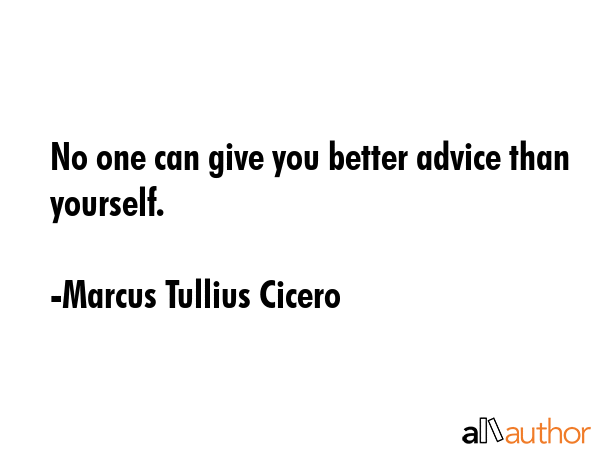
Yesterday’s post was called “Give less advice“. My friend Bruce Peters read it, then emailed me:
“Have you considered “no advice” Or advice is prohibited approach?
Wisdom Circles in the Quaker tradition set an example, perhaps?”
Sage man, that Bruce.
If, as I often say, “less is more”, then let us consider the next step to “give less advice”. being the power of “give no advice”.
In April 2017 I went to the Modern Elder Academy in Baja at the invitation of Chip Conley. On the first morning I was introduced to the idea of “circle”, something I had not experience before. As the director of “MEA”, Christine Sperber, framed it on that first day, the process they use can be summarised as:
- We are all sitting in a circle, “circle” is begun with a chime
- A “talking stick” is in front of us. Anyone can take this to be the first person to talk.
- They then share whatever comes to them at that moment.
- The role of each person is simply to be fully present and to listen
- No interaction is permitted. No words at all.
- Once the first person is finished, they are encouraged to pause while still holding the stick and sit with themselves to see if anything else occurs to them.
- Only when they know there is nothing else to share do they say “I am complete”.
- The only acknowledgement permitted is to “polish the pearl”, to silently place one’s hands together facing up and rub together to acknowledge the person who spoke.
- The stick is then passed around the circle and the process repeated until all are complete, noting that anyone may choose to “pass”.
- Once complete, the chime is rung once again and the process over.
Now, as Bruce Peters noted, a similar concept has always been key to the Quakers. As they note:
In Quaker worship there are no ministers or creeds. We first gather together in silence to quiet our minds – we don’t have set hymns, prayers or sermons.
In the stillness we open our hearts and lives to new insights and guidance. Sometimes we are moved to share what we discover with those present. We call this ‘ministry’. We listen to what everyone has to say to find its meaning for us. Anyone can give ministry, including visitors.
What happens in the stillness?
In the quiet we look for a sense of connection. This might be a connection with those around us, with our deepest selves, or perhaps with God. As we feel this sense of encounter grow stronger, we may begin to see the world and our relationships in a new way. Our worship may take us beyond our own thoughts and ideas to help us respond more creatively to the world around us.
In my experience of the MEA circle, it is most powerful to be listened to by a group, and also in knowing that they are not going to respond, to give advice.
As a side note and (gosh) advice, I add that there is additional power in minimising expression, as in a circle we are there to listen, to be present to the person, not to join them in their emotion of expression, particularly when they share something that has impacted them.
As I was taught by a coaching mentor:
Empathy is to “get” what another feels and is most powerful.
Sympathy is to “feel” what they feel.
When you feel what another feels, it can be like someone struggling in quicksand and, instead of you giving them a rope, you jump in there with them.
The concept of wisdom circles by various names has been part of many cultures for thousands of years.
There are few things as powerful as simply listening to another person wholly and completely. As Steven Covey said:
“Most people do not listen with the intent to understand; they listen with the intent to reply.”
Listening in this way is about empathy. It also allows one to fully and wholly listen, as we are not holding a thought at the front of our mind waiting for our chance to speak, to give advice.
In “Give less advice“, my key point was that when we see many pieces of advice we could give, give only one or, at most, two.
Today the thought is to consider when it is even more powerful to consciously sit to listen and know that we will give NO advice.
